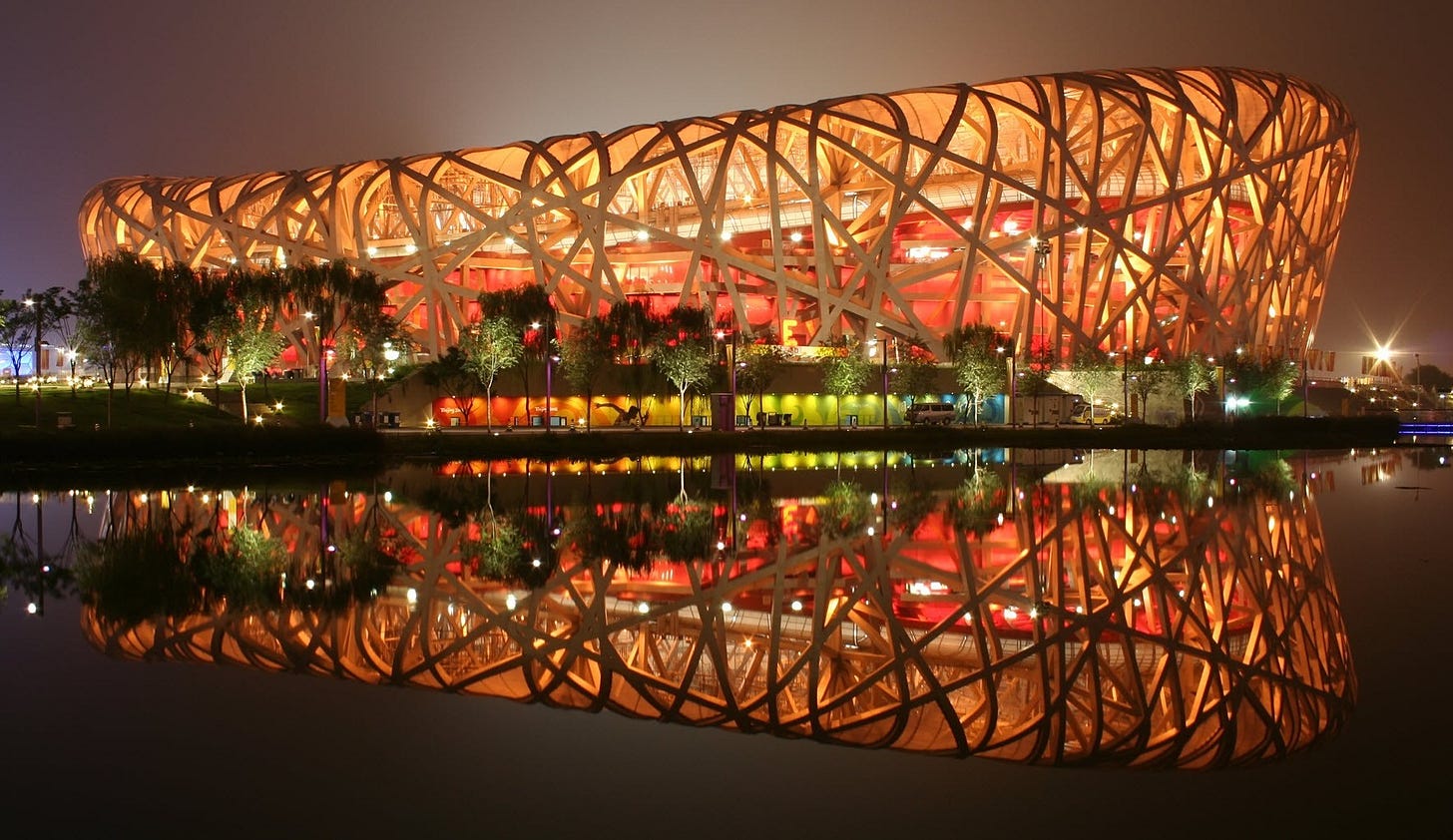The Silent Superpower
Why China does not get the attention it deserves

In Britain, Chinese influence tends to hide in plain sight. Despite its obvious importance, the Asian superpower occupies little space in the public conversation. That has changed now, at least for the moment, thanks to the scandalous case of two British men accused of spying for Beijing. Inexplicably, and suspiciously, the British authorities have abandoned their efforts to prosecute these alleged spies. The government has tried to pin the blame elsewhere, but a multitude of inconsistencies and unanswered questions suggest that it nixed the trial to improve relations with China. Now attention is turning to the broader Sino-British relationship, and we find ourselves entering a rarely-opened room with dark corners and an alarming smell.
Why does China so rarely rise to the surface of public consciousness? Its prolific campaigns of espionage, hacking, surveillance, and intellectual property theft have long been common knowledge. So too has Britain’s dependence on Chinese supply chains and investment; our products have carried the Made in China stamp for most of my life. And yet, Chinese power has a ghostly quality. Yes, it is widely perceived as a threat, but one that is more like a force of nature than a political phenomenon. China’s rise is inexorable, like the sea levels. If our industrial capacity continues to drain eastward, if goods and technologies increasingly flow in the opposite direction, and if our energy infrastructure is built or owned by Chinese companies, that is just a natural process. Part of the lifecycle of nations, perhaps.
When Vladimir Putin or Donald Trump act, it is treated as a moral outrage, and plastered across the front pages. But despite the many malign policies of the Chinese Communist Party – its suppression of democracy and the rule of law in Hong Kong, for instance, or its deception regarding the origins of Covid-19 – China tends to be covered in the “World” section, alongside news of a distant flood.
Our inattentiveness comes partly from our expectation that power ought to be dramatic, charismatic or persuasive abroad. In their heyday, European empires sought to spread Christianity and neckties. The Cold War in Europe was as much a struggle for souls as for territory. Its victor, the United States, is a cultural power unlike any other; the political theatre of Trump’s America is only the latest manifestation of its empire of spectacle. China, by contrast, seeks neither converts nor an audience. Historically it was the epicentre of East Asian civilisation, but it has no significant cultural exports to the West today. (TikTok is a Chinese product, but not really a vector of Chinese culture: the app is not available within China itself).
Rather, China’s power stems from the position it has achieved within the global division of labour over the past four decades. It is largely invisible because the workings of this vast economic system, spread across the world, are largely invisible. Moreover, in a country like Britain, which opened up its economy with exceptional enthusiasm, the effects of this restructuring are by now taken for granted. We are used to products being delivered to our doors without any thought as to who made them or how. We are used to the former working classes being stripped of their productive role, and scattered as a political force. We are used to our infrastructure and major companies being owned by foreign investors and governments.
One of the factors that drove our reliance on China, as I noted in a longer essay on the subject back in April, was that it helped our leaders to avoid difficult choices and ignore inconvenient truths. Cheap goods compensated for lost industries and stagnating wages. The sale of assets boosted growth figures. The migration of so much carbon-intensive industry to China – where it has expanded massively – allowed our leaders to claim that we are making progress in reducing emissions. That China’s growing influence remained behind the scenes, as it were, only made these illusions more effective.
Allowing these trends to progress as far as they have was naïve at best. In many cases, the British authorities showed breath-taking incompetence in giving Chinese business interests – and through them the CCP – access to the foundations of the state. This week, multiple sources have claimed that a data system storing the most sensitive government information was compromised after being sold to Chinese investors.
If previous governments had a careless attitude to China, the current one appears more than a little desperate. The era of globalisation in which Britain could portray its hollowed-out condition as an “open economy” is turning to something more fragmented and hierarchical. The Starmer government has apparently decided that crumbs of investment are worth grovelling for, whether that means massaging Trump’s ego or studiously avoiding controversy with Beijing. Nor will China forever maintain the polite fiction that Britain is an equal partner. It is currently threatening that there will be “consequences” if it is not allowed to build its so-called super embassy next to the Tower of London – another project that poses major security risks, especially as it will sit atop important communications cables. Chinese power may not escape our notice for much longer.


"... America, empire of spectacle" -- very apt.
Seems we've chosen virtual ephemera over productive realia.
We're inventive and incautious.
We are a country of performance as opposed to substance (which perhaps explains the preponderance of superb actors). Thus, the need to substantially increase defense spending to counter Russia has barely entered the national consciousness too. Often it seems like the UK exists in a constant state of wilful amnesia.